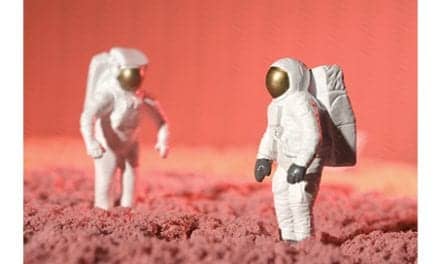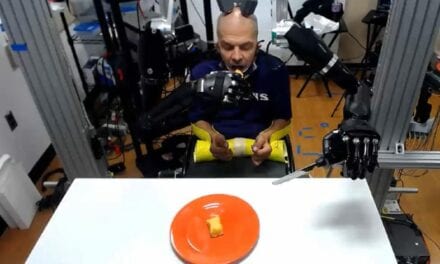Research in an article published online first and in an upcoming edition of The Lancet has found that interrupting sedation in the earliest days of treatment to give critically ill patients physical and occupational therapy leads to better outcomes than standard care, according to a preview in Medical News Today. Long-term complications of critical illness include intensive care unit (ICU)-acquired weakness and neuropsychiatric disease—both of which could be related to the immobilization caused by sedation, according to the story.
In the randomized controlled trial, John Kress, MD, University of Chicago, and colleagues analyzed sedated adults in the ICU who had been on mechanical ventilation for less than 72 hours, and were expected to continue for at least 24 hours, the story says. Patients were assigned to the early exercise and mobilization (49 patients-intervention group) or standard care of daily interruption of sedation and therapy at the discretion of the ICU team (55 patients-control group). The study calculated the proportion of patients from each group who had independent functional status (IFS) at hospital discharge—defined as ability to do six tasks of daily living and walk unaided.
The researchers found that 59% of patients in the intervention group achieved IFS, compared with 35% in the control group, according to the story. Intervention patients also suffered from ICU delirium only half as long (2 days) as did control patients (4 days). Intervention patients also had more ventilator-free days while in ICU in the 28-day follow-up (23.5 days versus 21.1 days for control).
The authors conclude: "A strategy for whole-body rehabilitation-consisting of interruption of sedation and physical and occupational therapy in the earliest days of critical illness was safe and well tolerated, and resulted in better functional outcomes at hospital discharge, a shorter duration of delirium, and more ventilator-free days compared with standard care," according to the story. Further, they noted: "This study highlights the robust outcomes that can be achieved with the coordinated efforts of multiple disciplines dedicated to the survival and mental and physical recovery of critically ill patients receiving mechanical ventilation."
Source: The Lancet




